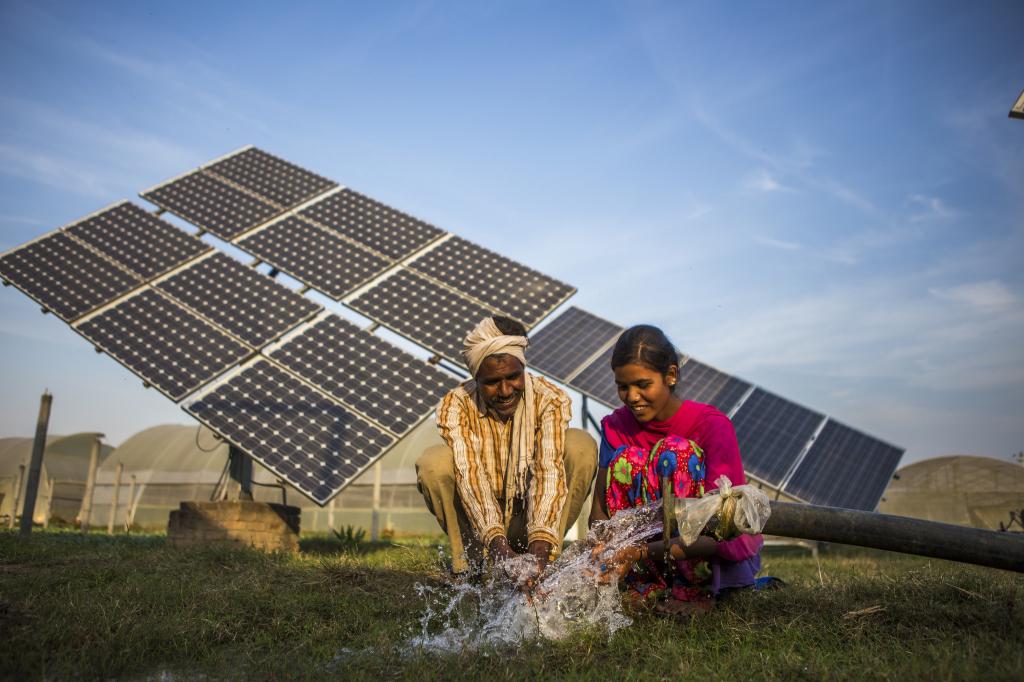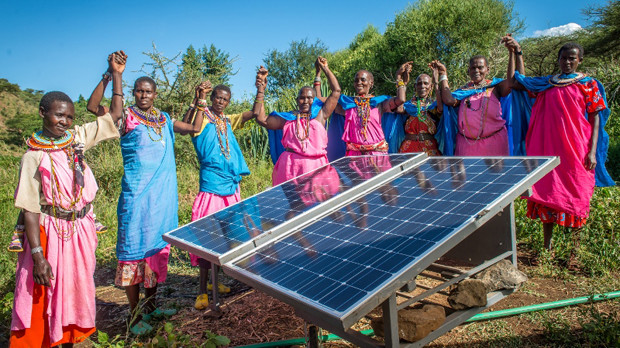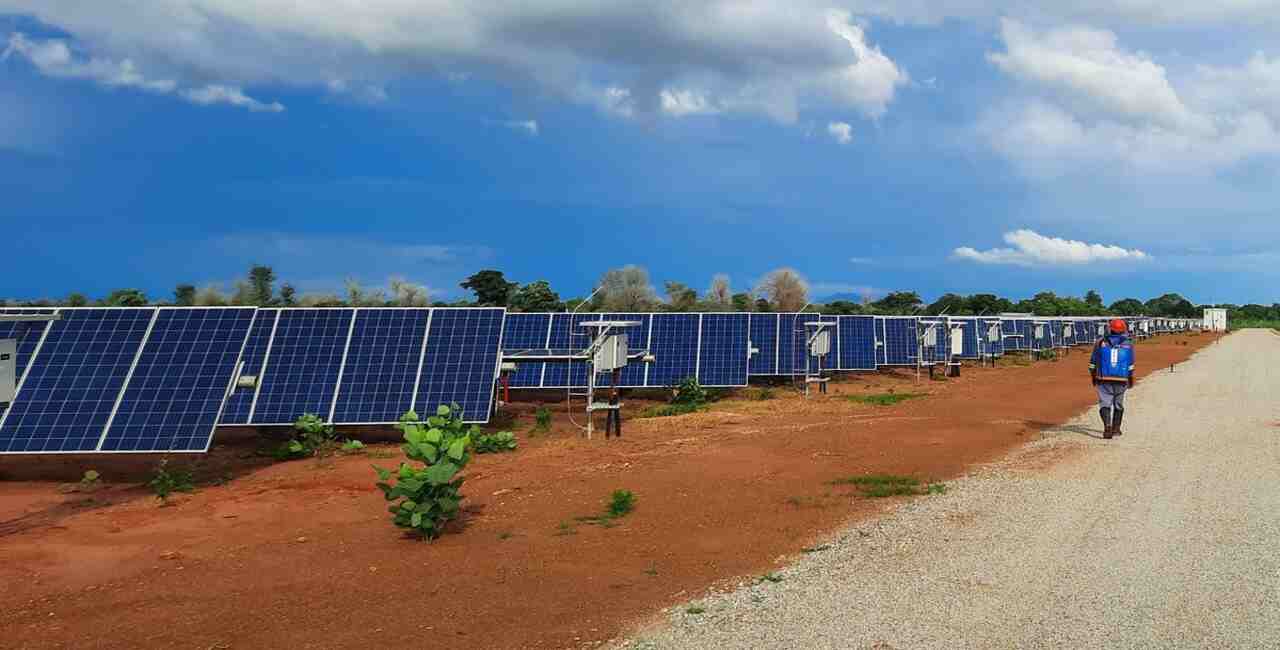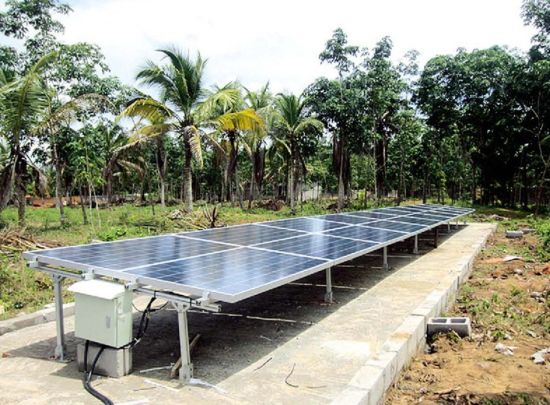
Introduction
Solar energy has emerged as a promising solution to the energy needs of developing countries. This article explores the success stories of solar energy adoption in these countries, highlighting the potential impact it can have on communities. By harnessing the power of the sun, developing nations can overcome energy poverty, reduce greenhouse gas emissions, and improve access to electricity.
Historical Background
In recent decades, developing countries have made significant strides in adopting solar energy. The journey began with small-scale projects in remote areas, gradually expanding to larger initiatives. Factors such as increasing awareness of climate change, rising energy costs, and advancements in solar technology have propelled this growth.
Key Concepts and Definitions
Solar energy, also known as photovoltaic (PV) technology, refers to the conversion of sunlight into electricity. In the context of developing countries, solar energy holds great significance due to its potential to address energy poverty and promote sustainable development. Off-grid systems provide electricity to communities not connected to the main power grid, while solar microgrids are small-scale, localized power grids powered by solar energy.

Main Discussion Points
Government Initiatives and Policies
Government policies play a crucial role in promoting solar energy adoption in developing countries. By providing incentives, subsidies, and regulatory frameworks, governments encourage investment in solar projects. Successful initiatives implemented by governments include feed-in tariffs, which guarantee a fixed price for electricity generated from solar sources, and renewable energy targets, which set specific goals for solar energy production.
Innovative Financing Models
Overcoming financial barriers is essential for the growth of solar energy in developing countries. Innovative financing models, such as pay-as-you-go systems and crowdfunding, have enabled individuals and communities to access solar energy solutions. These models allow for affordable installment payments and collective funding, making solar energy more accessible.
Community and Social Impact
Solar energy has had a transformative impact on local communities in developing countries. It has improved access to electricity, enabling better education, healthcare, and economic opportunities. Social enterprises and community-led solar projects have empowered individuals to become active participants in sustainable development. These initiatives not only provide energy but also create jobs and foster social cohesion.
Technological Advancements
Advancements in solar technology have made it more efficient and affordable. The development of high-efficiency solar panels, improved battery storage systems, and smart grid integration has revolutionized the solar energy sector. These advancements have made it easier for developing countries to adopt solar energy and reduce their reliance on fossil fuels.

Case Studies or Examples
Case Study 1: India’s Solar Power Success
India has emerged as a global leader in solar energy adoption. With ambitious targets and policies, India has made significant progress in its solar power sector. Key initiatives such as the Jawaharlal Nehru National Solar Mission and the Solar Rooftop Program have contributed to India’s success. These efforts have propelled India to become one of the largest solar energy markets in the world.
Case Study 2: Bangladesh’s Solar Home Systems
Bangladesh has successfully implemented solar home systems to address rural electrification and poverty alleviation. Through partnerships with international organizations, Bangladesh has provided solar home systems to millions of households, improving access to clean and reliable electricity. This has had a direct impact on education, healthcare, and income generation in rural areas.
Current Trends or Developments
Solar energy adoption in developing countries continues to grow at a rapid pace. Recent trends include the integration of solar energy into mini-grids and the rise of solar-powered irrigation systems. Research findings highlight the numerous benefits of solar energy adoption, such as reduced carbon emissions, improved energy access, and economic growth. However, challenges such as intermittency, storage, and grid integration need to be addressed for widespread adoption.
Challenges or Controversies
While solar energy has many benefits, challenges and controversies exist. Intermittency, the fluctuation of solar energy supply due to weather conditions, poses a challenge for maintaining a stable energy supply. Storage technologies, such as advanced batteries, are being developed to address this issue. The impact of large-scale solar projects on local communities and ecosystems is another controversial topic. Careful planning, community engagement, and environmental assessments are vital to mitigate negative impacts.

Future Outlook
The future of solar energy in developing countries looks promising. With advancements in technology, further cost reductions, and supportive policies, solar energy adoption is expected to soar. Emerging technologies, such as solar-powered desalination and floating solar farms, hold immense potential to address additional challenges and expand the reach of solar energy.
Conclusion
Solar energy success stories in developing countries demonstrate the transformative power of sustainable energy solutions. As governments, communities, and individuals continue to embrace solar energy, the path towards a sustainable and equitable future becomes clearer. It is crucial to recognize the significance of these success stories and further explore the potential of solar energy in driving positive change.
References
International Renewable Energy Agency. (2021). Renewable Power Generation Costs in 2020.
World Bank Group. (2020). Solar Energy Success Stories in Developing Countries.
United Nations Development Programme. (2019). Innovations in Renewable Energy Financing in Developing Countries.




